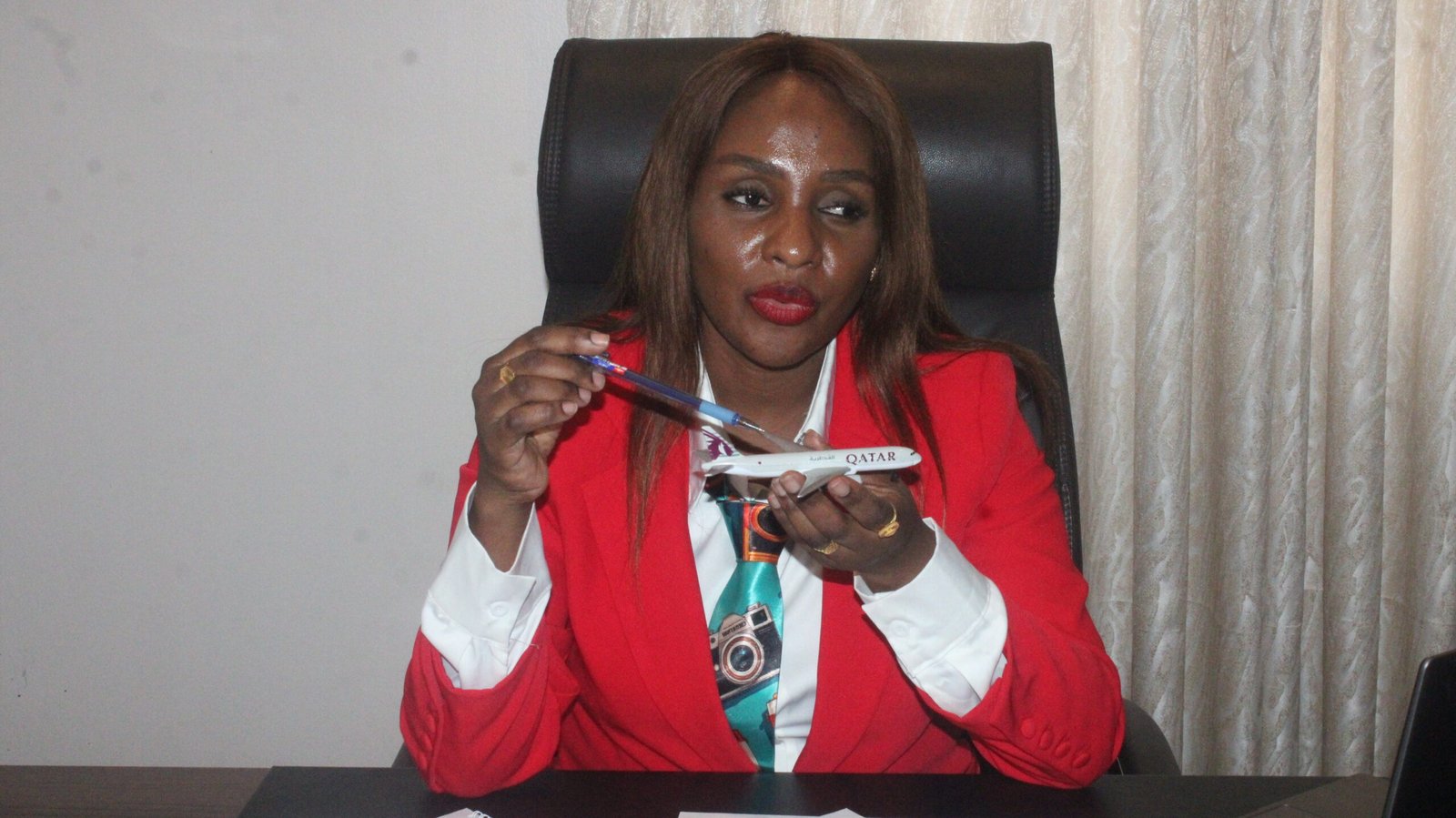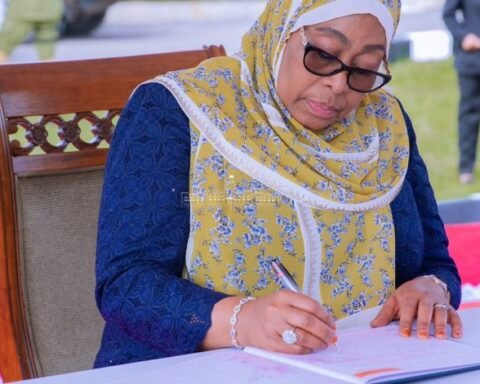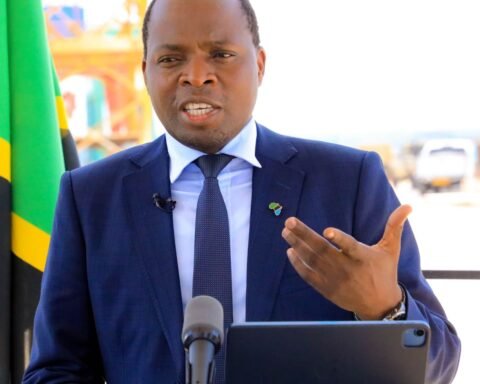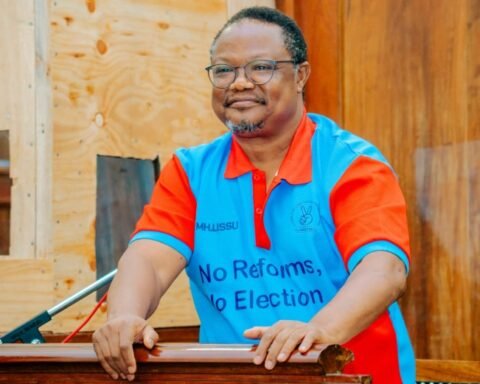The first female B1-licensed Aircraft Maintenance Engineer in Tanzania, Edith Kisamo is spearheading a transformation in aviation training and certification across East Africa.
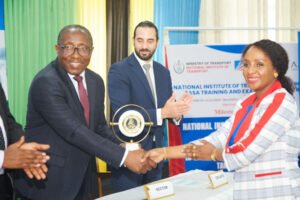
As CEO Aerolink Solutions Tanzania Limited and Accountable Manager of a leading aviation training firm, Kisamo is encouraging more women and young professionals to pursue technical roles traditionally dominated by men while ensuring that the nation attains international aviation safety standards at home.
Edith Kisamo has played a pivotal role in establishing a centre of excellence in aircraft maintenance training through collaboration with the National Institute of Transport (NIT) and international regulatory bodies. With the recent approval of the NIT as an examination centre under the European Union Aviation Safety Agency (EASA) Part-66 scheme, Kisamo’s efforts are bearing fruit. The certification enables Tanzanian engineers to train, sit for license examinations, and begin careers without needing to travel abroad.
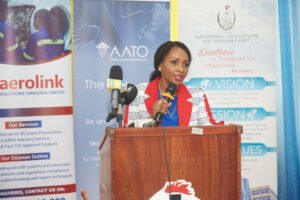
Kisamo points out that this achievement not only raises the bar for technical standards in aviation maintenance but also creates opportunities for local engineers—including women—to excel. Drawing from her own journey to become Tanzania’s first B1-licensed engineer, she has emphasized mentorship, foundational science education, and perseverance.
In public addresses, Kisamo often urges aspiring aviation professionals—especially young women—to disregard fear. “No dream is out of reach,” she says, “even when the path is steep.” She underscores that acquiring certifications like EASA Part-66 is demanding but feasible, and that institutional support, strong training infrastructure, and determination can overcome barriers.
Also Read; EAC Faces Growing Strains Amid Civil Society Alarm
The ripple effects of this development are significant. Tanzania is preparing for an ICAO Universal Safety Oversight Audit (USOAP) in 2026, and having local capacity for both training and licensing strengthens national oversight, reduces reliance on foreign training providers, and accelerates job creation in high-skilled sectors.

Kisamo’s leadership has also attracted investment and private sector participation in airplane maintenance, repair, and overhaul (MRO) operations. Her company’s partnership with international aviation training organisations has helped bring globally recognised curricula and instructor certifications into the local context.
As Tanzania positions itself as a regional hub for aviation education, Kisamo’s pioneering role offers a model: a woman achieving technical excellence and using that achievement to lift others. Her story is already reshaping perceptions of engineering as a male preserve, inspiring more girls to study STEM subjects and more men and women to believe that such licences and technical mastery are within their reach.

